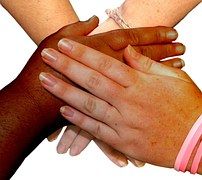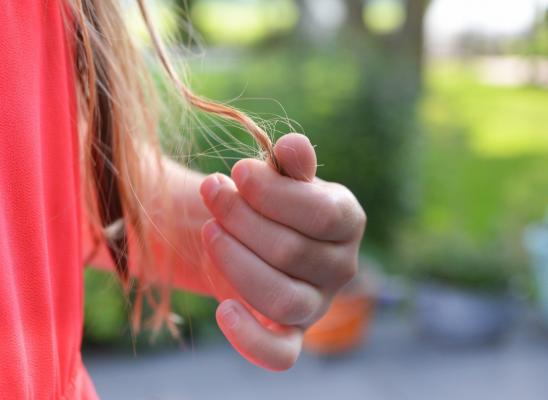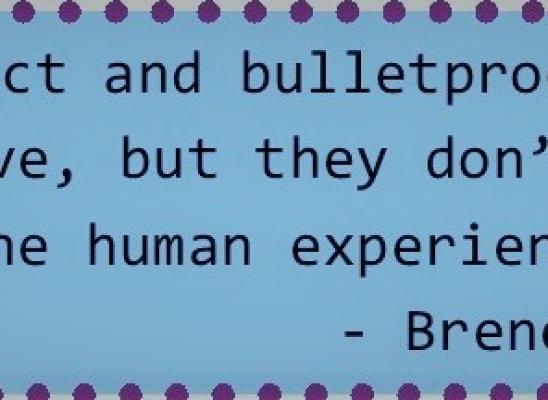Resource Review: Hair Pullers Anonymous Support Group
Online test
Find out the severity of your symptoms with this free online test
People have been suffering with trichotillomania in silence for years, but with increased awareness and acceptance of the condition, more and more individuals are coming forward with their experiences. In the technological age, we live in a generation of sharers. The millennial generation take to social media to share everything they experience and trichotillomania is no exception. The rise of the blogging culture has largely contributed to the increased awareness of the disorder and has led to more people and seeking and accessing help.
Support in numbers
They say there is safety in numbers, and being in the company of others who can relate to your experiences gives one a sense of safety that you are not alone. For this reason, support groups play an important role in the treatment and management of trichotillomania and other body-focussed repetitive behaviours (BFRBs). One organization in the US known as the Hair Pullers Anonymous (HPA) Support group aims to provide this form of support for hair pullers. The organization was started by hair pullers, for hair pullers and follows the support group framework followed by various addiction recovery groups such as Alcoholics Anonymous. This is a twelve-step program of recovery, which means that it is a structured step-by-step program to help people abstain from a specific behaviour. Program principles are based on cognitive, emotional, behavioral, social and spiritual changes that will help you maintain abstinence from hair pulling. These changes occur throughout the process of genuinely completing each of the 12 steps toward recovery. Of course, although the inability to resist the urge to engage in hair pulling can be likened to addiction, trichotillomania is not an addiction. As such HPA has adapted developed a twelve steps specific to the needs of the hair puller.
Start your own group
HPA encourages hair pullers in any part of the world to replicate their program by contacting them for literature, advice or support. According to HPA, all that is required is to gain from a twelve step program is open-mindedness, willingness to grow, and honesty. Part of the process is for each group to establish what is known as ‘traditions’ which serve the group as a whole, safeguarding anonymity and group unity, ensuring that HPA will continue to help hair pullers for years to come. The twelve traditions of the HPA are:
- Our common welfare should come first; personal recovery depends upon group unity.
- For our group purpose there is but one ultimate authority -- a loving higher power as expressed to our group conscience. Our leaders are but trusted servants; they do not govern.
- The only requirement for membership is a desire to stop pulling.
- Each group should remain autonomous except in matters affecting other groups or HPA as a whole.
- Each group has but one primary purpose -- to carry its message to other hair pullers who still suffer.
- An HPA group ought never endorse, finance or lend the HPA name to any related facility or outside enterprise, lest problems of money, property and prestige divert us from our primary purpose.
- HPA ought to be fully self-supporting, declining outside contributions.
- HPA should remain forever non--professional, but our service centers may employ special workers.
- HPA, as such, ought never be organized; but we may create service boards or committees directly responsible to those they serve.
- HPA has no opinion on outside issues; hence the HPA name ought never be drawn into public controversy.
- Our public relations policy is based on attraction rather than promotion; we need always maintain personal anonymity at the level of press, radio, and films.
- Anonymity is the spiritual foundation of all our traditions: ever reminding us to place principles before personalities
What can you expect to happen at a meeting?

HPA meetings provide a space free from judgement where you will be encouraged to talk about the effect that hair pulling has had on your life, share with each other what you do to cope with the disorder, and how you are living your life today. Group members do not respond directly to each other, but rather use the space to share your own experience, addressing the group as a whole. This way, each person discovers their own way of applying the principles of the program to your own life. This format is based on the principle that
we learn by listening, rather than by receiving advice; we help by sharing from our own experience rather than by giving advice
Online test
Find out the severity of your symptoms with this free online test
Start your journey with TrichStop
Take control of your life and find freedom from hair pulling through professional therapy and evidence-based behavioral techniques.
Start Now



